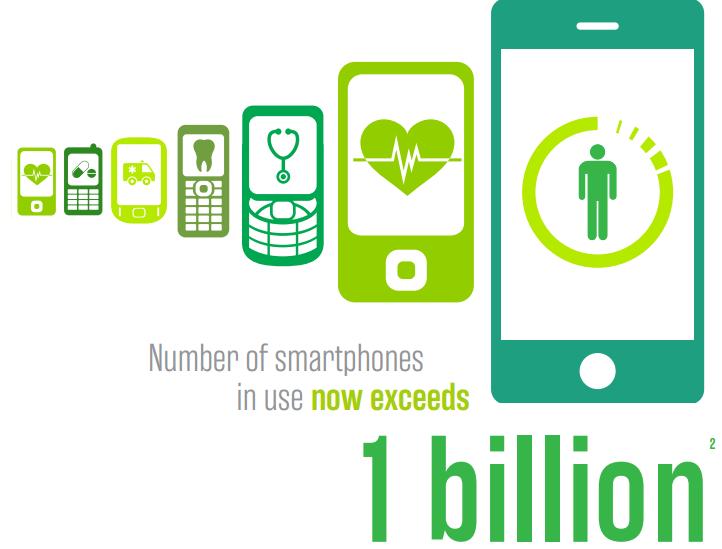 Consumer Optimism for mHealth Rising
Consumer Optimism for mHealth Rising
Ruder Finn, an independent global communications agency, has recently launched a Health IT specialty division to support clients in emerging healthcare technologies. As part of this launch, the agency commissioned a survey to gain an understanding on how U.S. consumer are engaging with mobile health (mHealth) to manage their health issues. Additionally, the research looks at how technology platform for mhealth apps could be designed to better meet consumer needs and demands.
“The results of our survey indicate that mhealth is poised for exponential growth—currently only 16 percent of respondents use health apps, however that number is expected to triple in the next six months,” said Jen Long , senior vice president and director of Technology & Innovation, Ruder Finn . “Our survey aims to provide perspectives for health organizations on how the mobile health landscape is evolving and what features are critical to consumer adoption at this stage in the mhealth evolution.”
Key findings from the research include:
Demographics
- Consumers ages 35 – 44 are most likely to use mHealth apps, with 23 percent leveraging health apps.
- 59 percent of households with children say they are likely to use mHealth technology over the next six months versus 42 percent of those without.
- More than half of respondents who suffer from chronic conditions (53 percent) say they are likely to use mobile health technology.
Usage
- Despite current low use of mHealth apps among consumers, exponential growth is expected. Nearly half of respondents (48 percent) said they are likely to use mHealth technology within the next six months which is triple the reported current usage among respondents (16 percent).
- Among those saying they currently use a health app most relate to lifestyle rather disease management. The top three apps reportedly used by respondents include healthy eating apps (49 percent), followed closely by fitness/training (48 percent) and calorie counter apps (48 percent). There is an opportunity to increase use of apps for chronic disease management, as the current focus of the health app market is on lifestyle.
- Consumers expect health apps to serve as a supplement to traditional doctor’s care, not replace it. According to respondents, the top three asks are for apps that provide access to test results (42 percent), monitoring devices that can alert caregivers, doctors and nurses if a patient has a health emergency (33 percent) and an app that provides access to patient health records from mobile devices (30 percent).
Read the Ruder Finn mHealth report here.
